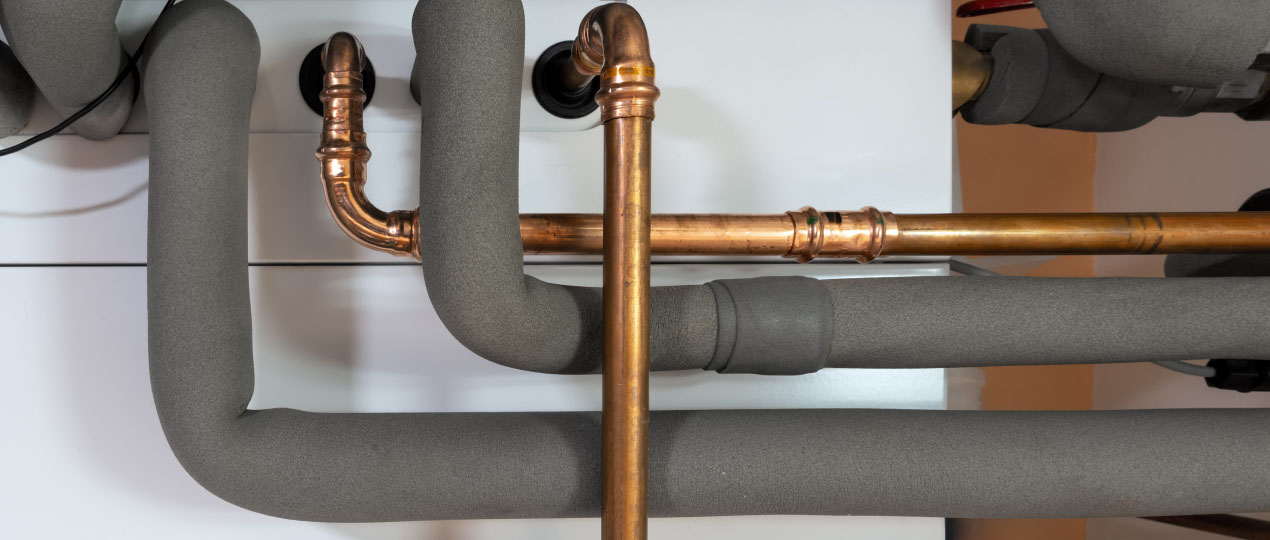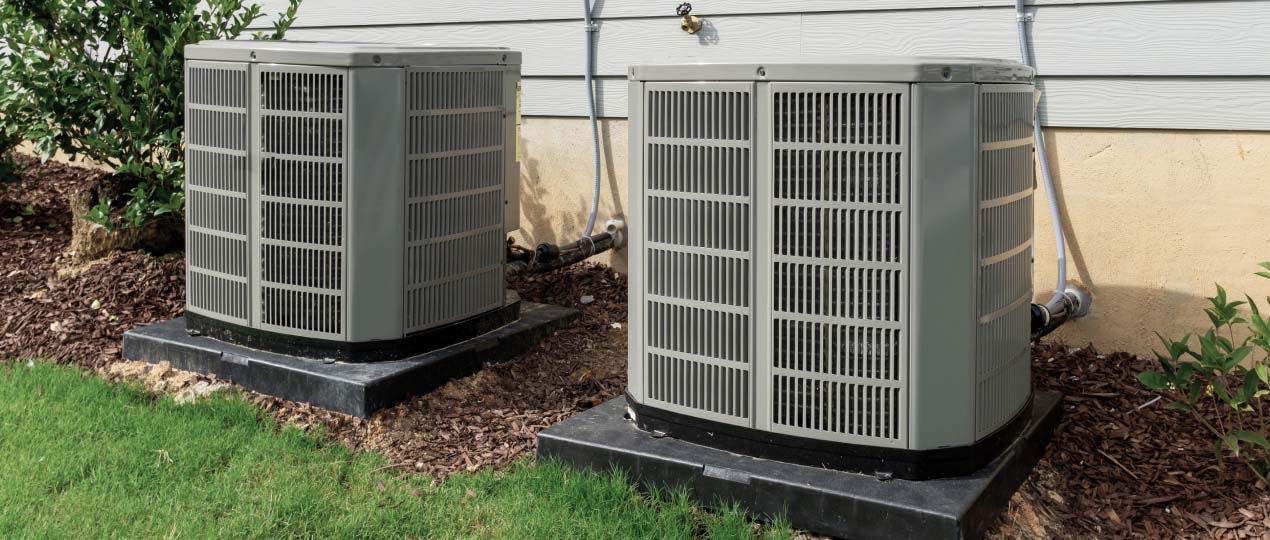
Insulation is a crucial aspect of AC efficiency that is often overlooked. It acts as a physical barrier to heat gain or loss and influences the sizing of the system. Proper insulation is essential for effective temperature regulation and energy savings.
Insulation surrounds ductwork and cooled spaces to resist thermal transfer. Higher R-value insulation is better at blocking heat conduction, which helps in keeping airflow temperatures stable. This allows the AC equipment to maintain set conditions easily without overworking.
In addition, calculating the insulation requirements during the design of the HVAC system ensures that the power is sized appropriately. Equipment that is perfectly matched to the cooling load reduces run times and energy loss. Oversizing results in short cycles, while undersizing causes discomfort.
Recommendations for installing and upgrading insulation:
In a new building, we recommend using R6+ duct insulation and R30+ wall/ceiling insulation in accordance with local codes. Additionally, it is always a good idea to improve existing insulation when renovating or replacing air conditioners.

To optimize energy efficiency, start by fixing leaks in the ductwork and wrap all available areas. Blowing cellulose into closed wall cavities is a safe and effective way to increase the insulation level of the ceiling. You may also consider replacing attic insulation to comply with fire codes. As you proceed, you might want to consider using spray foam to seal air spaces and ensure that HVAC equipment is functioning properly.
Upgrading insulation can provide long-term value by increasing efficiency and comfort for decades. Proper insulation ensures that heat is not easily transferred into homes, resulting in reduced energy consumption and lower costs. By following best practices in new construction and retrofits, you can optimize the R-value of insulation and achieve optimal energy efficiency.
Trust us to provide cost-effective and long-lasting solutions for any HVAC issue.
Order the best specialist in Canada Now (866) 545-6460






